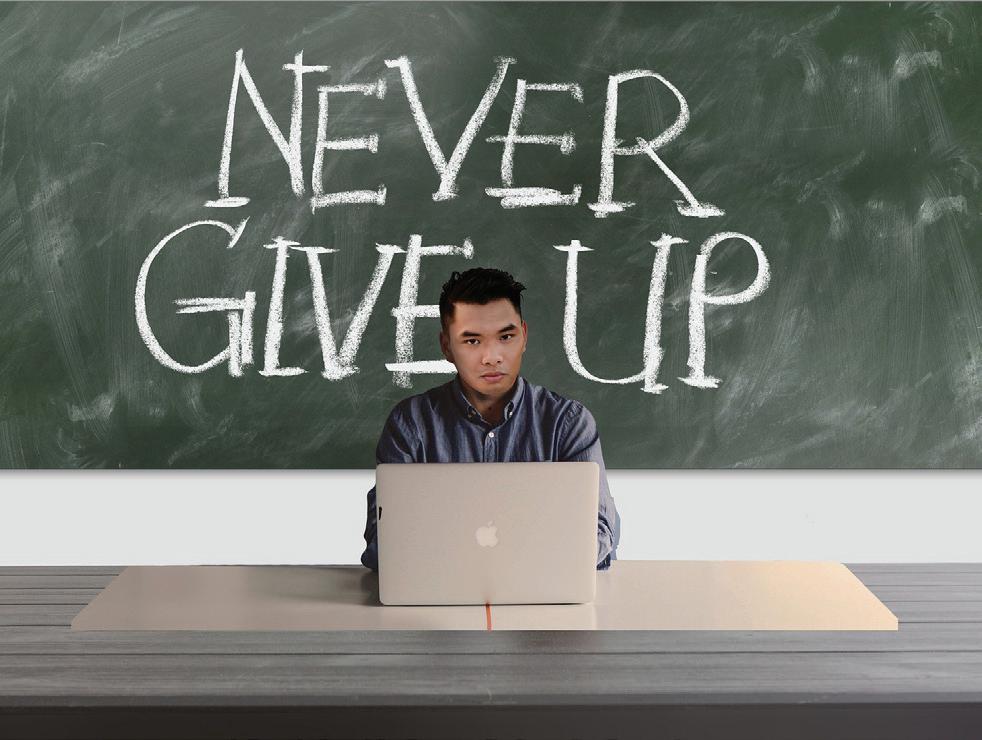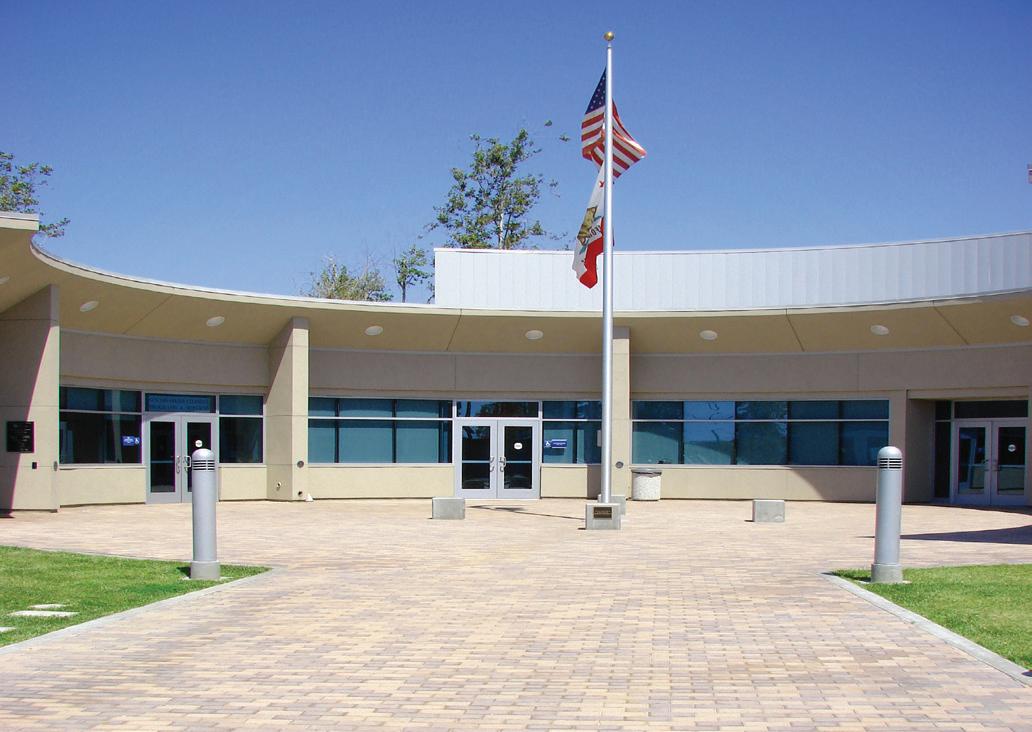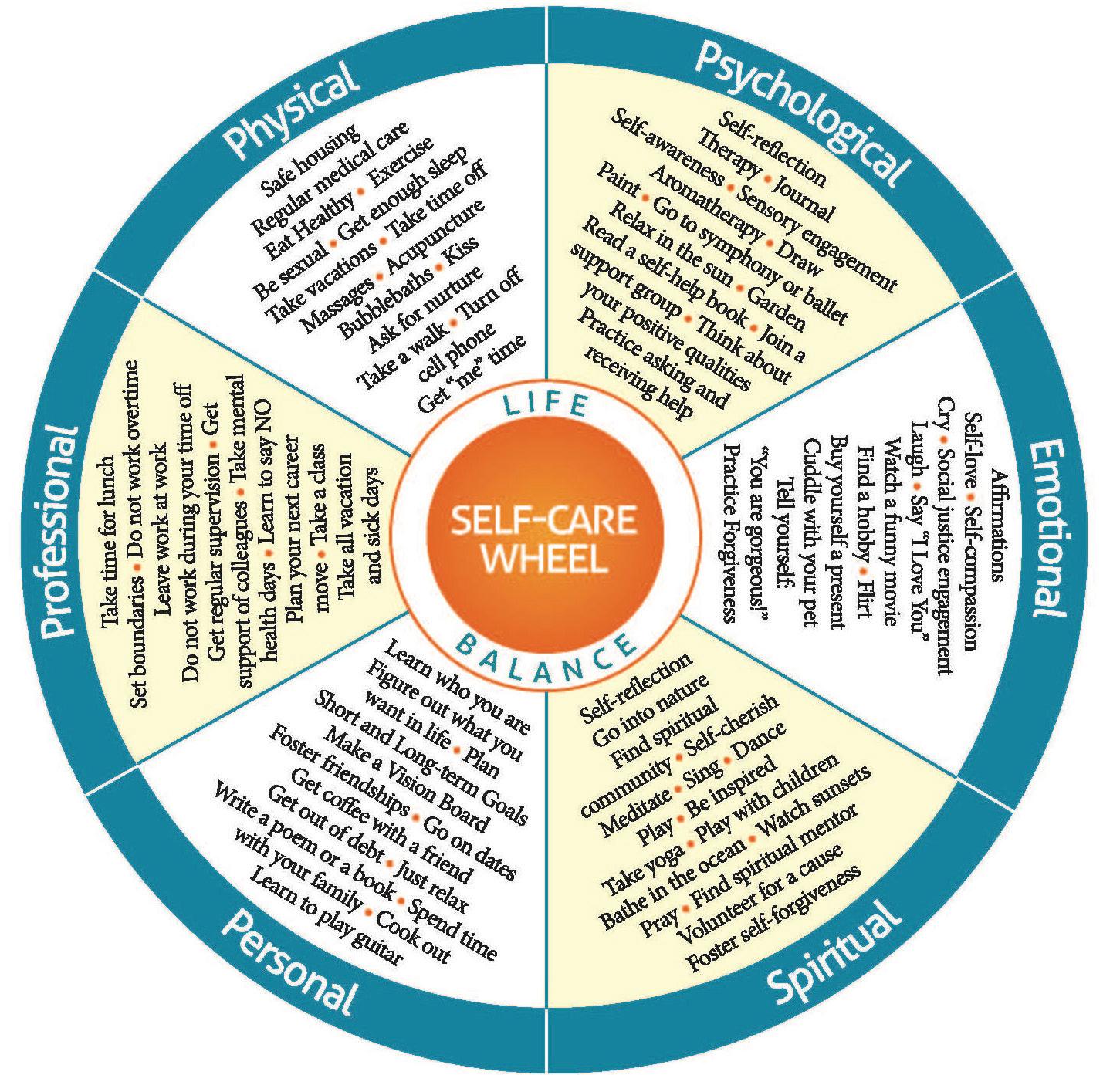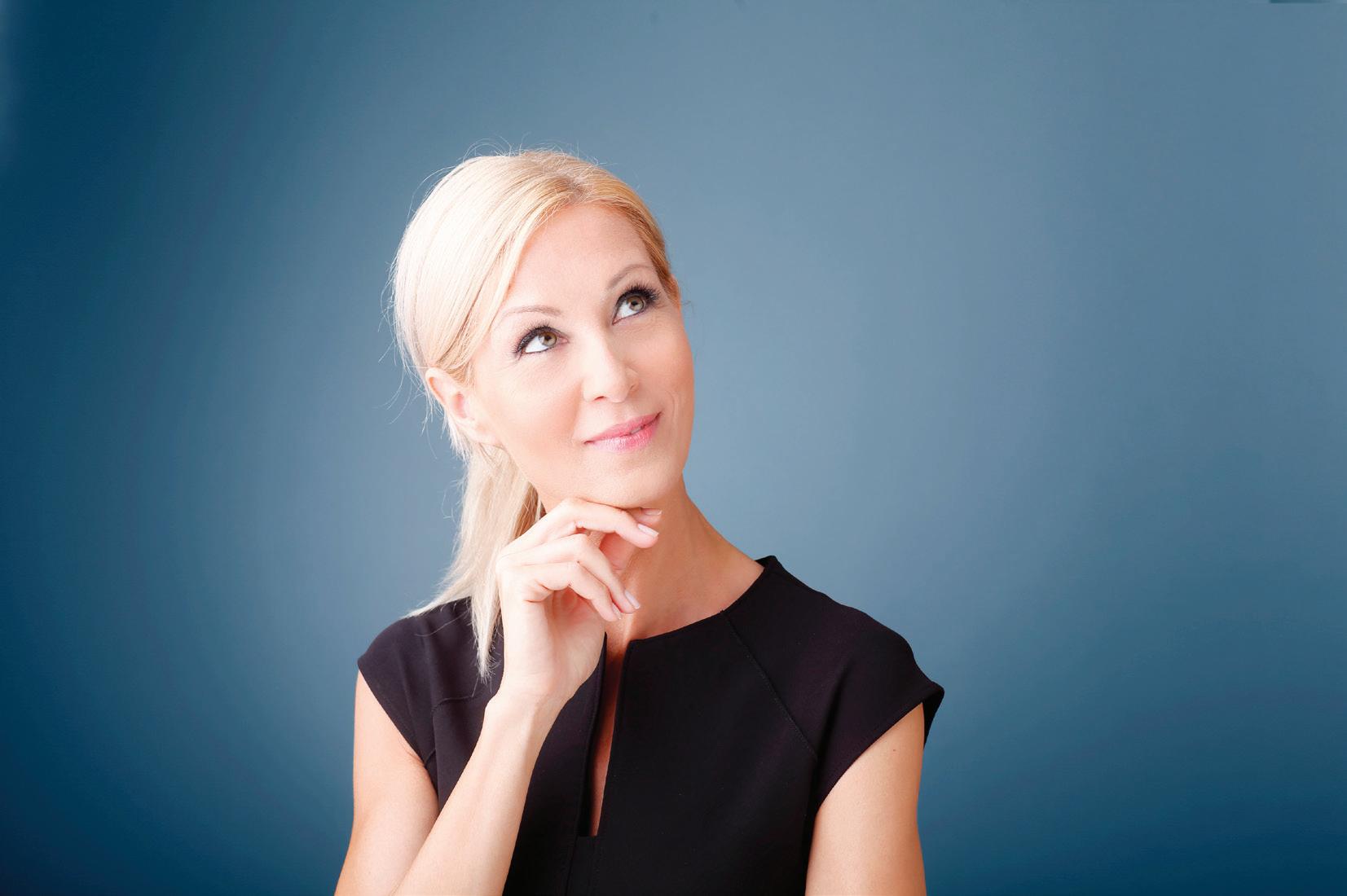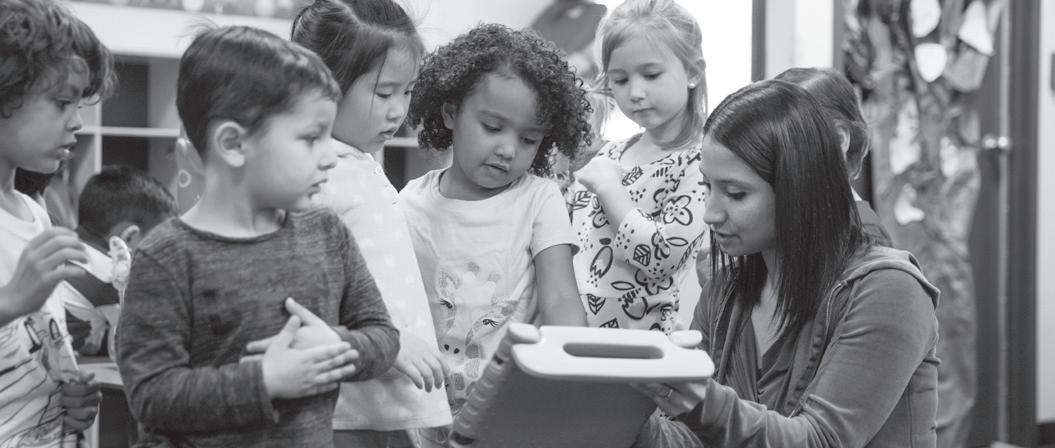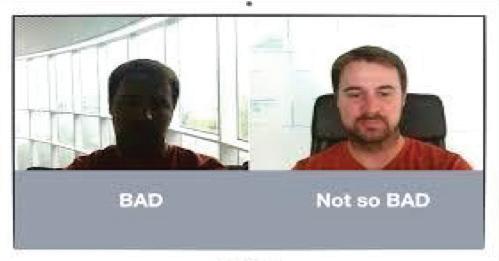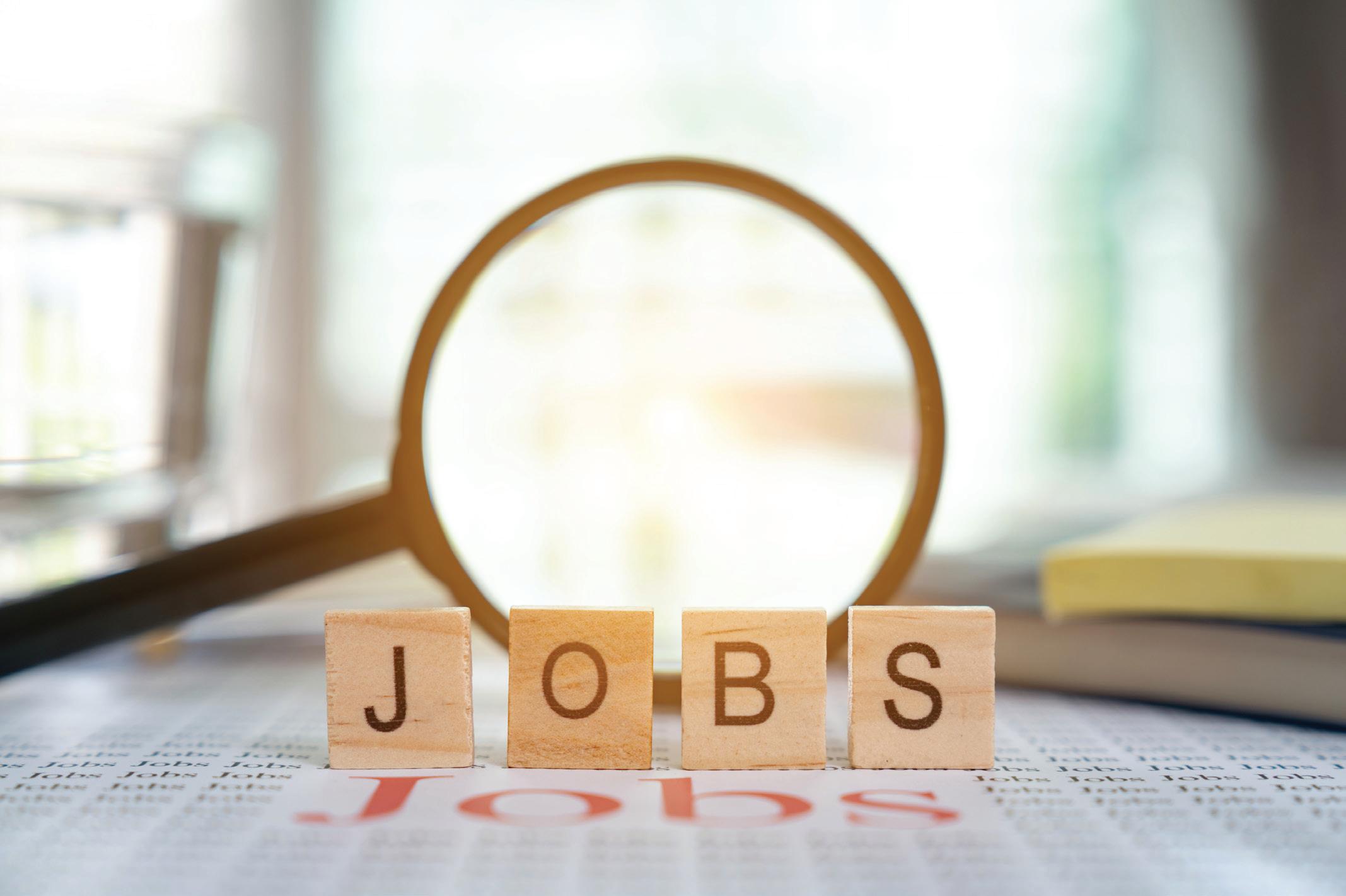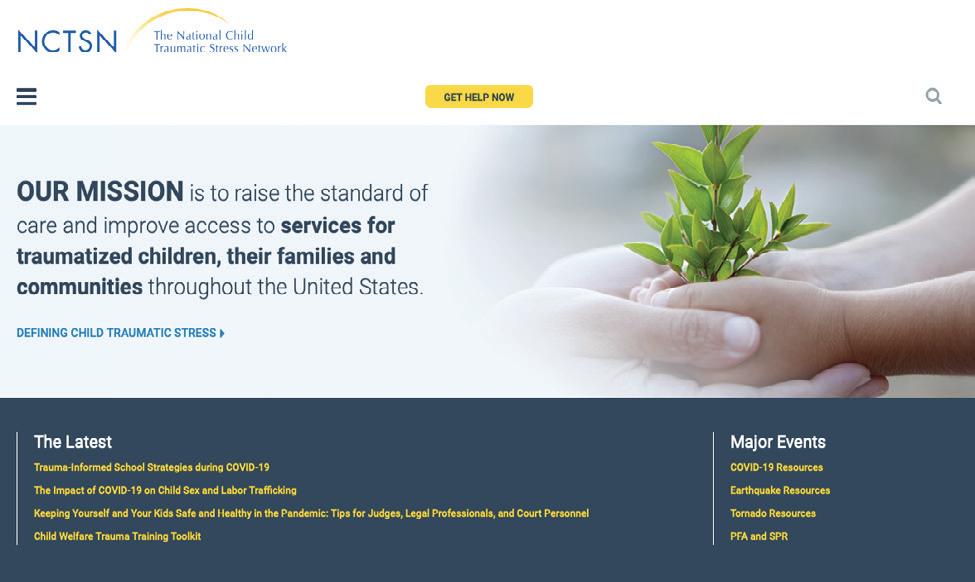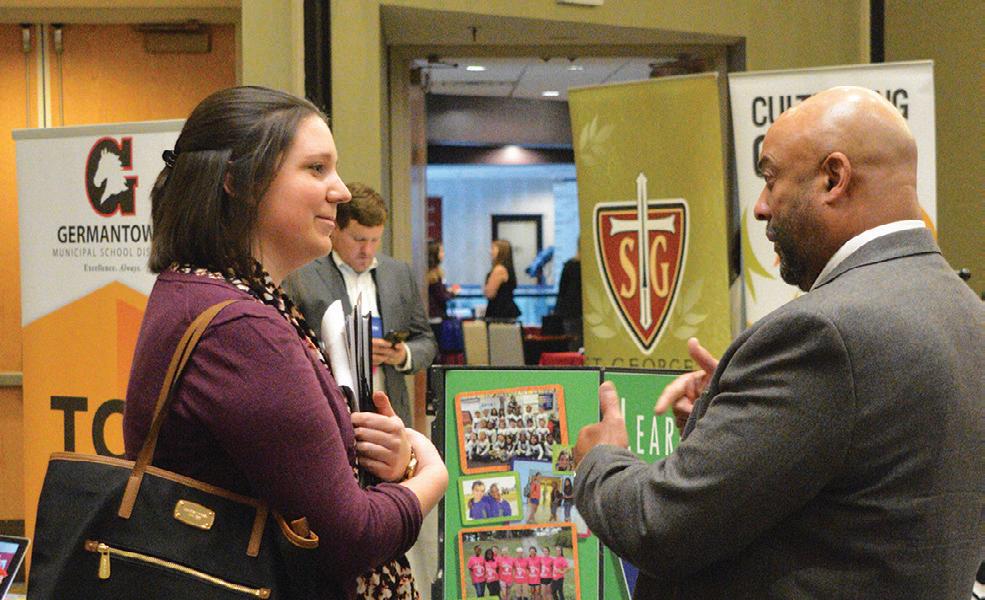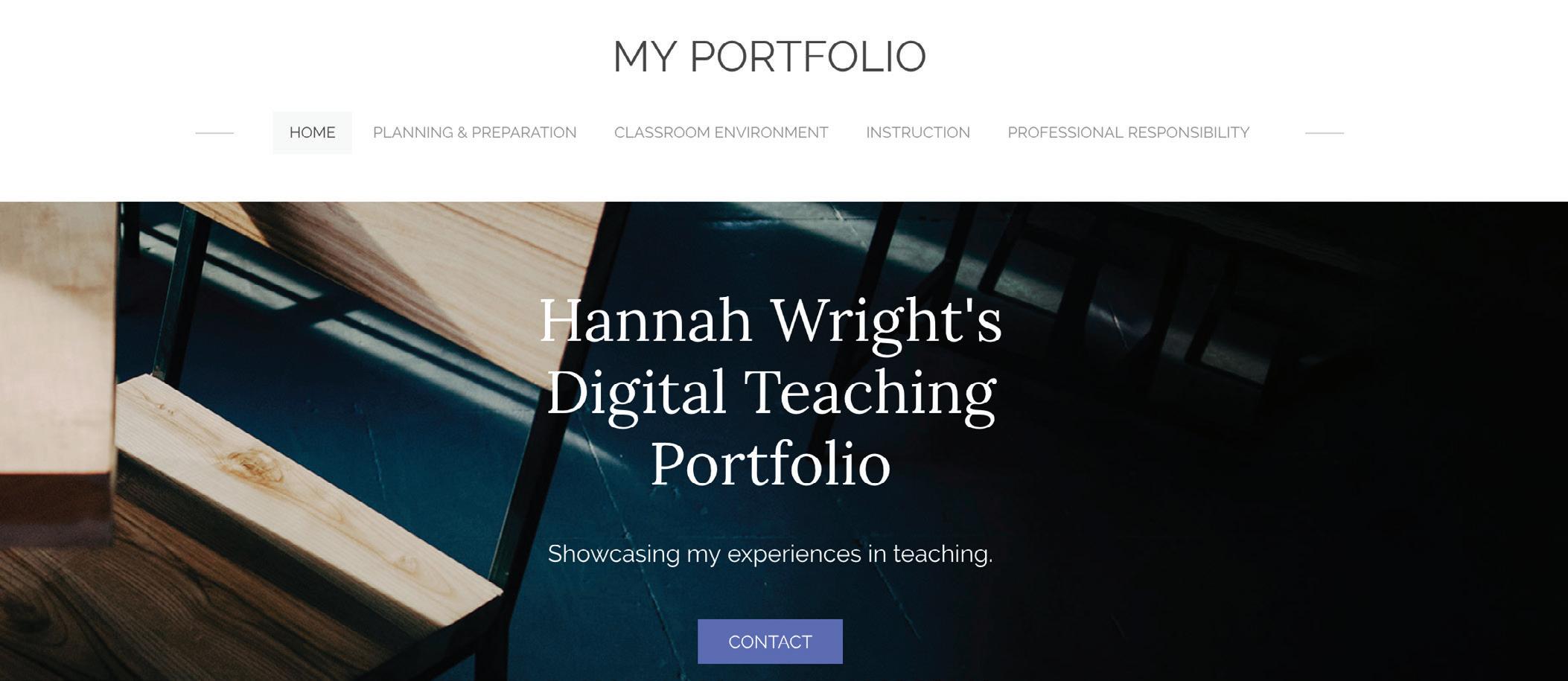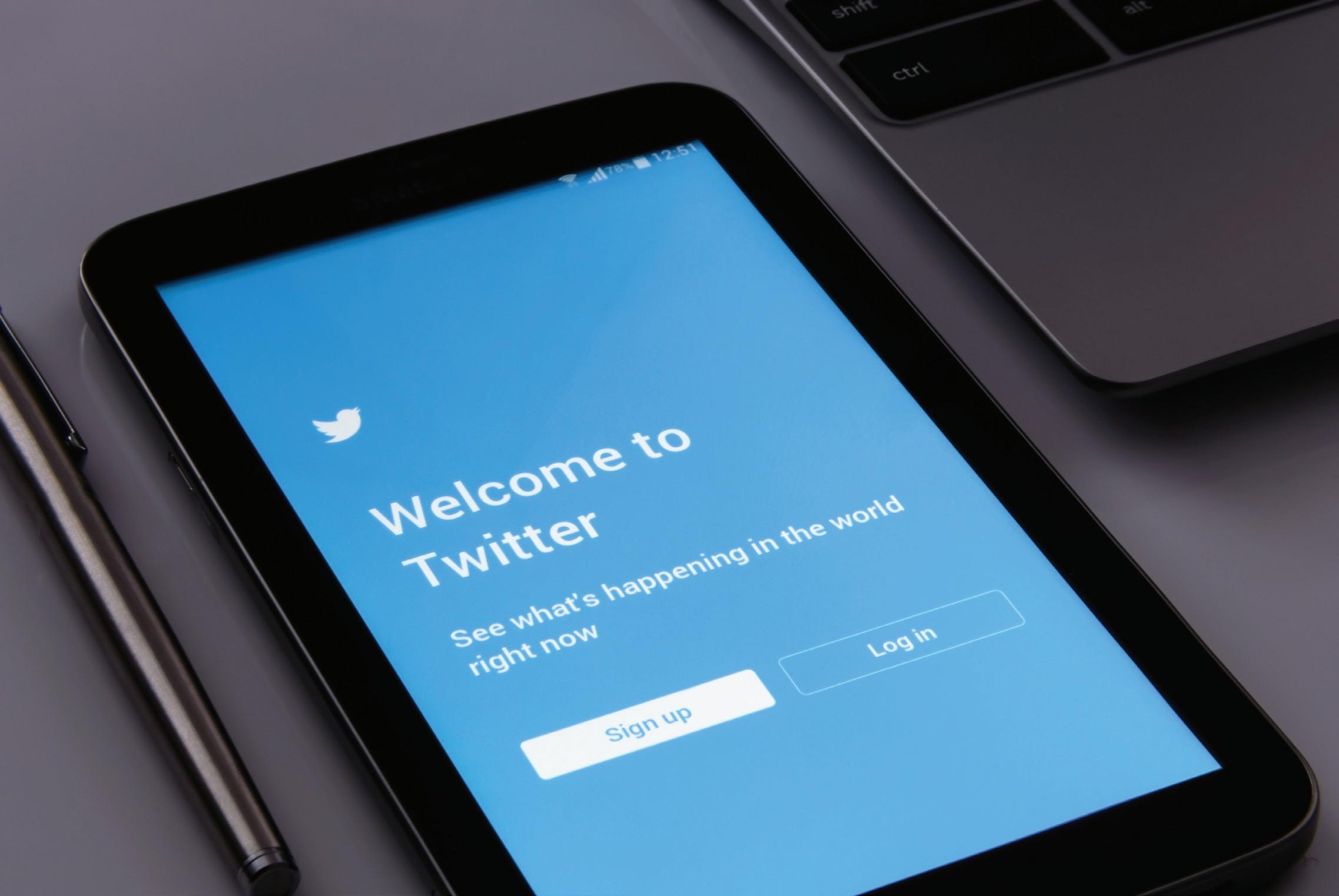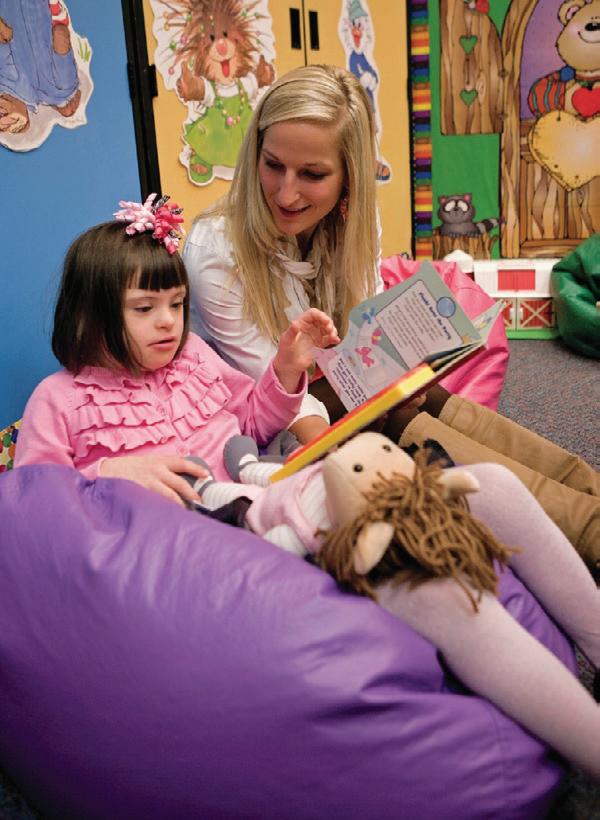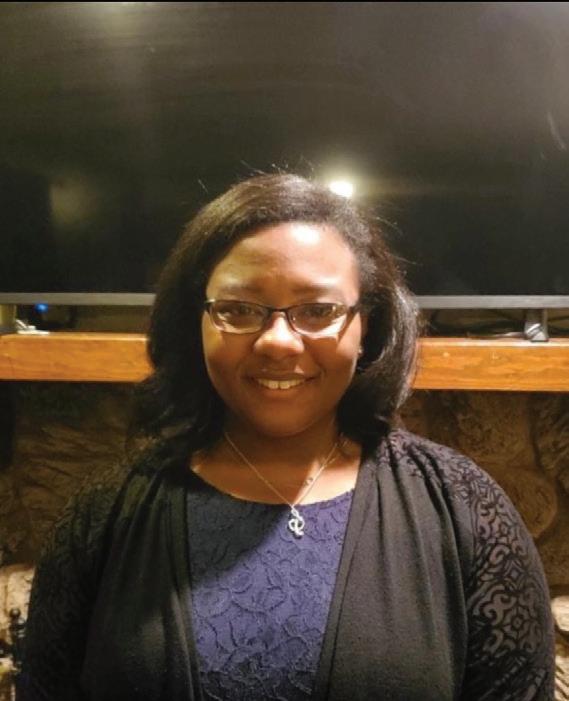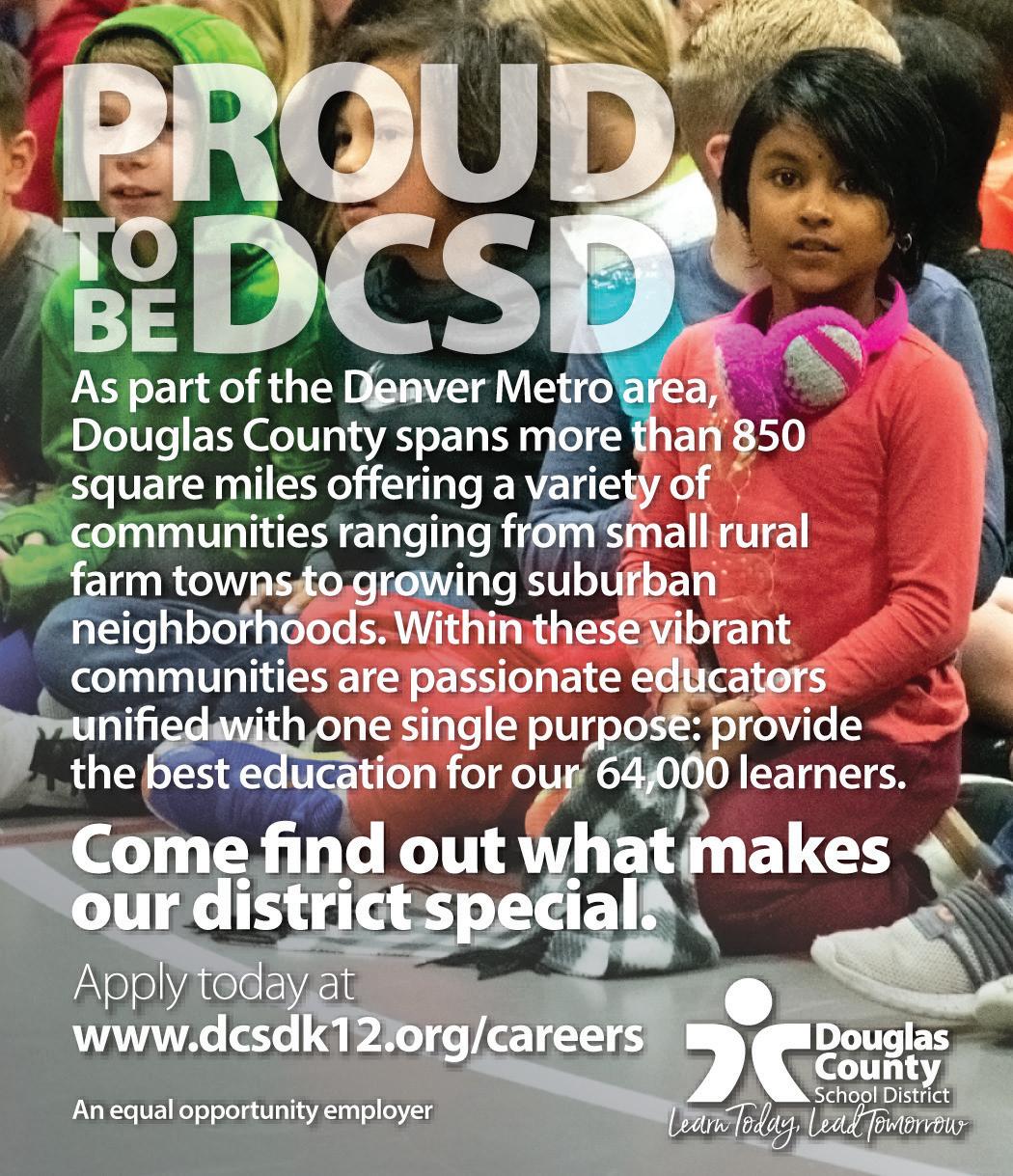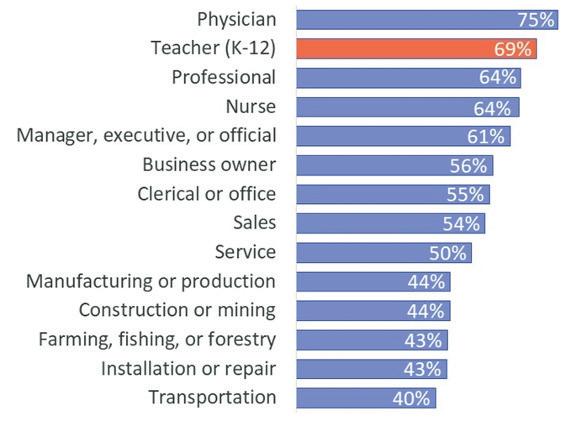Tracey Grant Executive Director of Middle School Education (retired), Cherry Creek School District, Colorado
W
Rated "R" Social Media Daphne Donaldson Director of Human Resources, East Baton Rouge Parish School System, Louisiana
A
e are more digitally connected than ever before, and because of that, I have become more digitally paranoid than ever before. Frankly, it is a paranoia that I have embraced, because it comes from the horror stories of careers being derailed and professional reputations trashed through the many forms of social media. My best advice is to be your own digital stalker. Routinely search yourself out and see how you are viewed by the rest of the world.
cross the country, school district policies are trying to catch up with the Social Media phenomenon as it applies to both student and employee usage. Districts are grappling with employees, i.e., teachers, paraprofessionals, and principals, whose posts are professionally questionable. These issues range from teacher-student contact on Social Media to teachers posting negative information about their students, supervisors, or other employees.
It amazes me how many people seem to hit "like" on EVERYTHING. I equate "like" to co-signing—in other words, that I would be willing to put my name and reputation on it. I am very selective about what I choose to give the thumbs up to. There have been times when reading a post that I am agreeing wholeheartedly with the content and then BAM! The last part takes a detour that frankly doesn't reflect me. It sometimes is riddled with profanity, endorses behaviors that I wouldn't want associated with me, or makes a political statement that frankly would get me in hot water professionally. Invariably, I look at those who "liked" it and think, “You couldn't have read the whole thing!” This is the time to be selective. Remember, sometimes it is best to read but withhold comment.
You may be wondering about First Amendment Rights and whether school districts have the right to regulate what an adult does on Social Media. I understand the First Amendment, and it is clear with regards to a person’s right to free speech. I guarantee you that our Founding Fathers never could have imagined what we are dealing with today in schools across the country.
Recently, I had a former parent comment in an online post about my new position on my LinkedIn profile. While LinkedIn is a strictly professional social media tool, and I am very strict regarding what I post and my digital presence, his comment stopped me in my tracks for a number of reasons. First of all, he had to search me out to find me. Yes, people with no real connection will do that. Second, he found me, despite the fact that I keep my privacy settings pretty high on any of my social media sites. The lesson here is that parents, former parents, students, former students, colleagues, former colleagues, as well as any people who are interested, will and do troll social media. This insatiable quest for information, tidbits, and desire just to be “in-the-know” sends people on a hunt. Here is a rule that I have found helpful. If it is not something you would display proudly on your bulletin board in your classroom or feel comfortable with your picture next to as a headline on the news, don't post it. On more than one occasion we have had to process the professional fallout when a student unearths a photograph of a staff member in a compromising situation, even when the pictures are from college days. Imagine the questions that come up when a picture of a drunken employee is posted online followed by the employee taking sick leave on the next day. Remember, every day is an interview.
Networking and Social Media
Monitor Your Social Media Presence
The next time you are about to post something on Social Media, consider these “R” factors before you post it. Ask yourself: ü Do I have the RIGHT to share this? ü Is this the RIGHT thing to do? ü Am I willing to take RESPONSIBILITY if this post goes viral or is shared without my permission? ü Will I REGRET this tomorrow when I am not angry, upset, or guided by my feelings? ü Is the RISK worth the REWARD of 15 minutes of fame or shame that may come from this posting? ü Am I READY for the social, emotional, verbal, or legal battle that may occur after I post this? I advise you to take a breath and consider venting in another manner. We’ve all been there, but just because a response comes up to our brain doesn’t mean it must come out on the internet. In this profession, you will have good days and bad days, but remember whatever you put on the internet can be shared and reposted well beyond what you had planned.
It is best to be your own online stalker. Get in the habit of looking at your profiles from the view of a student, a prospective employer, and even your parents. Your profile is a potential interview. Your posts show what you are communicating about yourself, your sense of responsibility, and your professionalism.
47 American Association for Employment in Education


